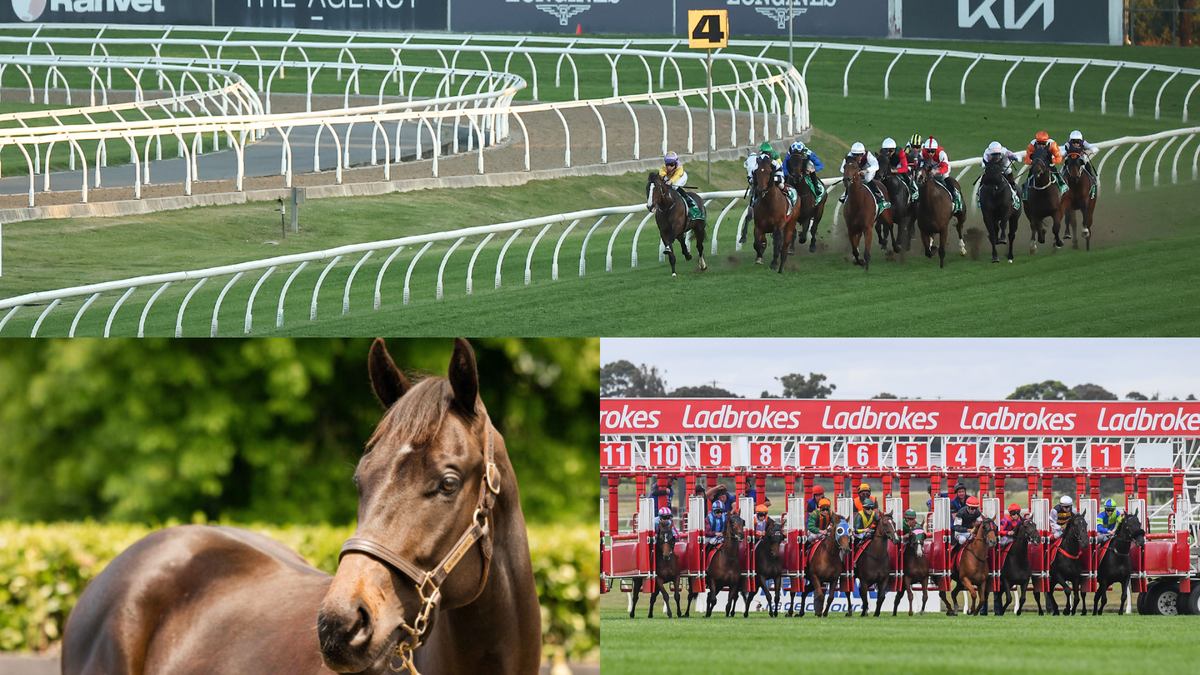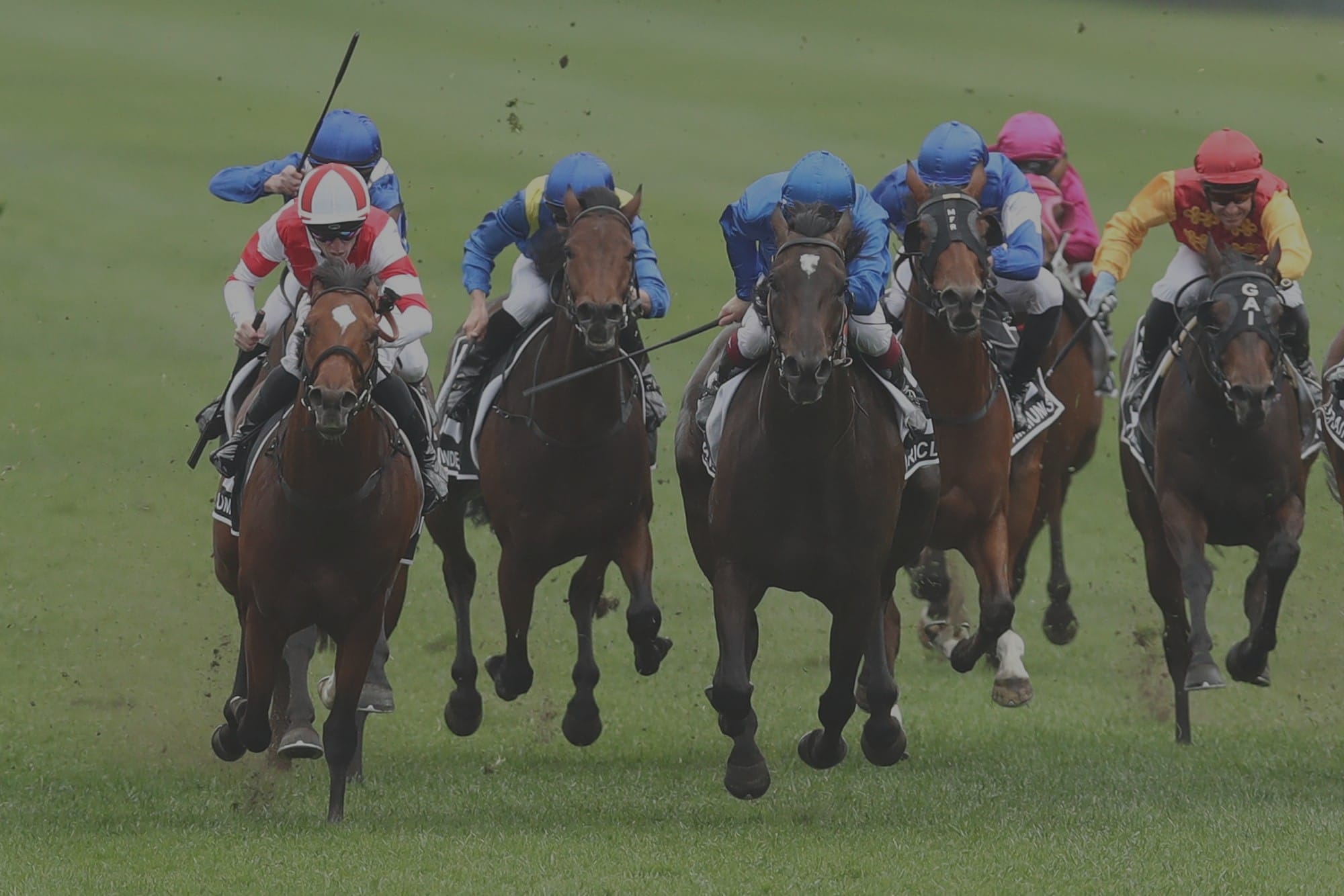Clean bowled – Punter denied a $30,000 payout
A Ladbrokes account holder has failed in his bid to be paid $30,000 in winnings because he had been acting on behalf of a third party, a wagering regulator has found.

In deciding whether the bets placed by the successful punter were lawful, the Northern Territory Racing and Wagering Commission (NTRWC) says Ladbrokes was within its rights to deny a withdrawal request.
Under its terms and conditions, Ladbrokes refused the punters’ attempts to collect the five-figure sum on evidence he was operating what is colloquially known in the wagering industry as a “bowler account”.
“Bowler” accounts are those in which the owner is known to place bets for other people.

Anecdotally, their use in the Australian corporate wagering landscape has become prevalent in recent years, with winning gamblers trying to circumvent bookmaker restrictions by using third parties.
“In the Commission’s view … it is plausible that the complainant’s Ladbrokes’ betting account was likely on the balance of probabilities to have been funded and/or operated by a person who was not the complainant,” the NTRWC said in its findings against the punter.
“Having formed this view, the Commission has determined that Ladbrokes’ invocations of its terms and conditions by way of voiding the complainants’ bets and not paying out on any winnings is justified.”
A hearing was told the punter deposited $6600 into his Ladbrokes account which was used to place bets on November 22 and 23 and December 6 in 2022. He later wished to withdraw $30,000.
In an online complaint to the NTRWC less than a month later, the punter said he was the only person involved in using the Ladbrokes account.
He said he met a request from the bookmaker to provide a financial statement, claiming Ladbrokes did not process the withdrawal because the bookmaker believed another person was using the betting account based on third-party bank deposits.
Ladbrokes argued the complaint did not fall within the parameters and scope of the Commission’s jurisdiction and suggested that the punter seek legal advice if he wanted to pursue the matter.
But in a written submission to the investigation, Ladbrokes said the wagering account was operated in breach of the company’s terms and conditions.

Ladbrokes submitted that it suspected a telephone conversation on December 8 2022, was unlikely to be the account holder “but a person identifying as the complainant instead”.
“The variations in speech patterns and other indicators observed during the phone calls … appear to support Ladbrokes’ view that different individuals may have been speaking,” the NTRWC said.
Ladbrokes claimed there were also bank statement discrepancies and confirmation of third-party deposits around the time the punter funded his betting account.
It also tabled evidence that the mobile telephone number the aggrieved punter wanted to be registered to his account to validate the withdrawal process belonged to another account holder of the wagering firm.
A request to change the mobile telephone number to have it registered to the account to comply with a two-factor authentication wasn’t met.
Ladbrokes closed the customer’s account two days later, informing the punter he was ineligible to receive any funds.
“The Commission notes that when asked about who the mobile phone belonged to during a phone conversation between Ladbrokes and the complainant, the complainant advised that it belonged to a family member and he did not know if that person held a betting account with Ladbrokes,” the NTRWC said.
Ladbrokes confirmed that it had refunded the punter’s deposit of $4000.
However, earlier contributions made to the account via Flexepin, a global financial product used for online transactions, were not returned because Ladbrokes claimed it couldn’t determine how the vouchers were purchased.

The Commission said Ladbrokes’ decision not to refund Flexepin deposits aligned with the company’s terms and conditions.
A Flexepin prepaid voucher system allows users to make secure payments without needing funds to be linked to a credit card or bank account.
The punter said he used the Flexepin method while travelling overseas but a Ladbrokes review showed transactions between November 23 and November 28 were made in Australia.
“These Australian-based transactions conflict with the statements made by the complainant to Ladbrokes about his betting account usage,” the NTRWC said.
In handing down its decision in October, the Commission agreed to Ladbrokes’ request not to disclose potentially sensitive information concerning the third-party operation of the account, saying it could “compromise” ongoing and future investigations into third-party activities.






